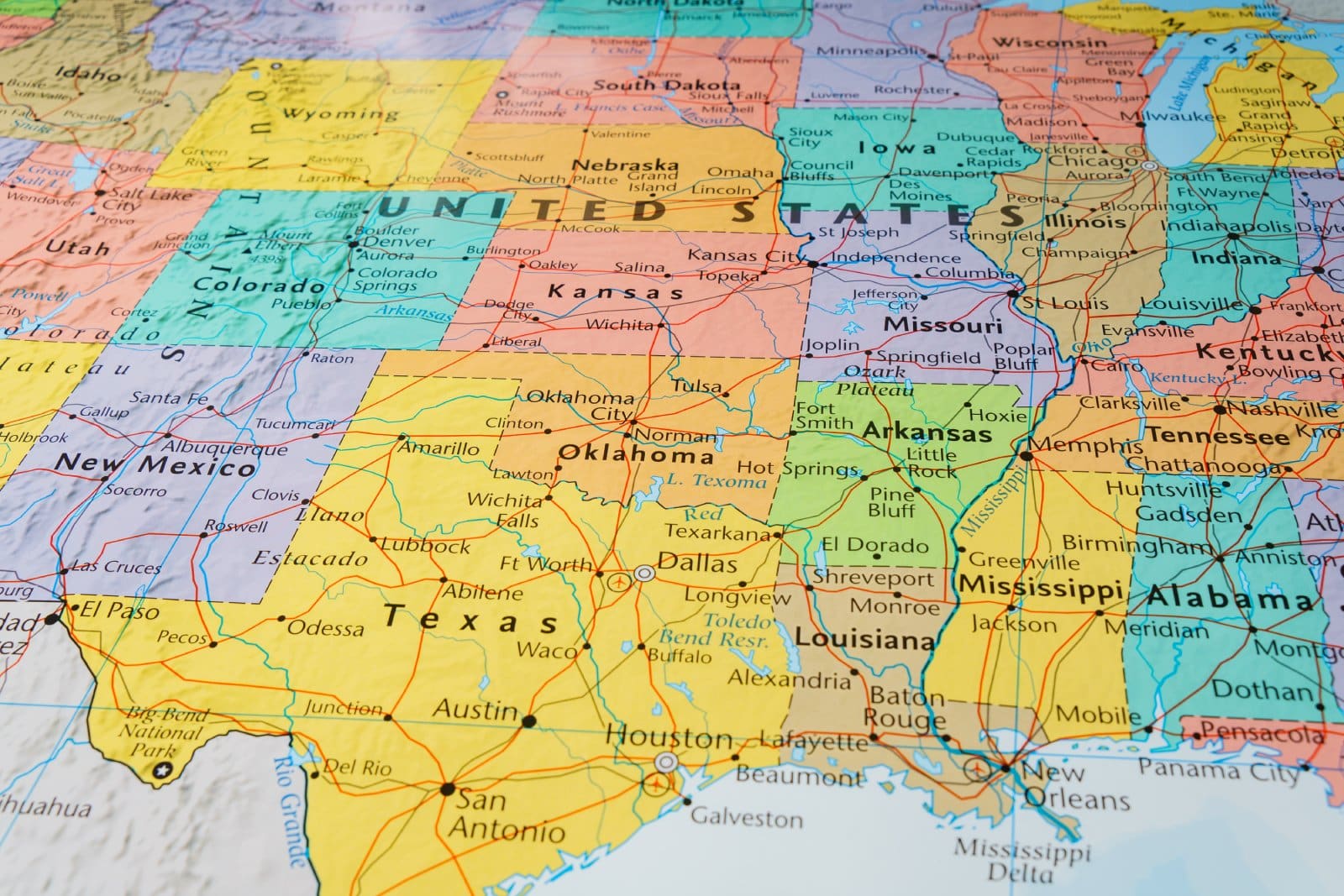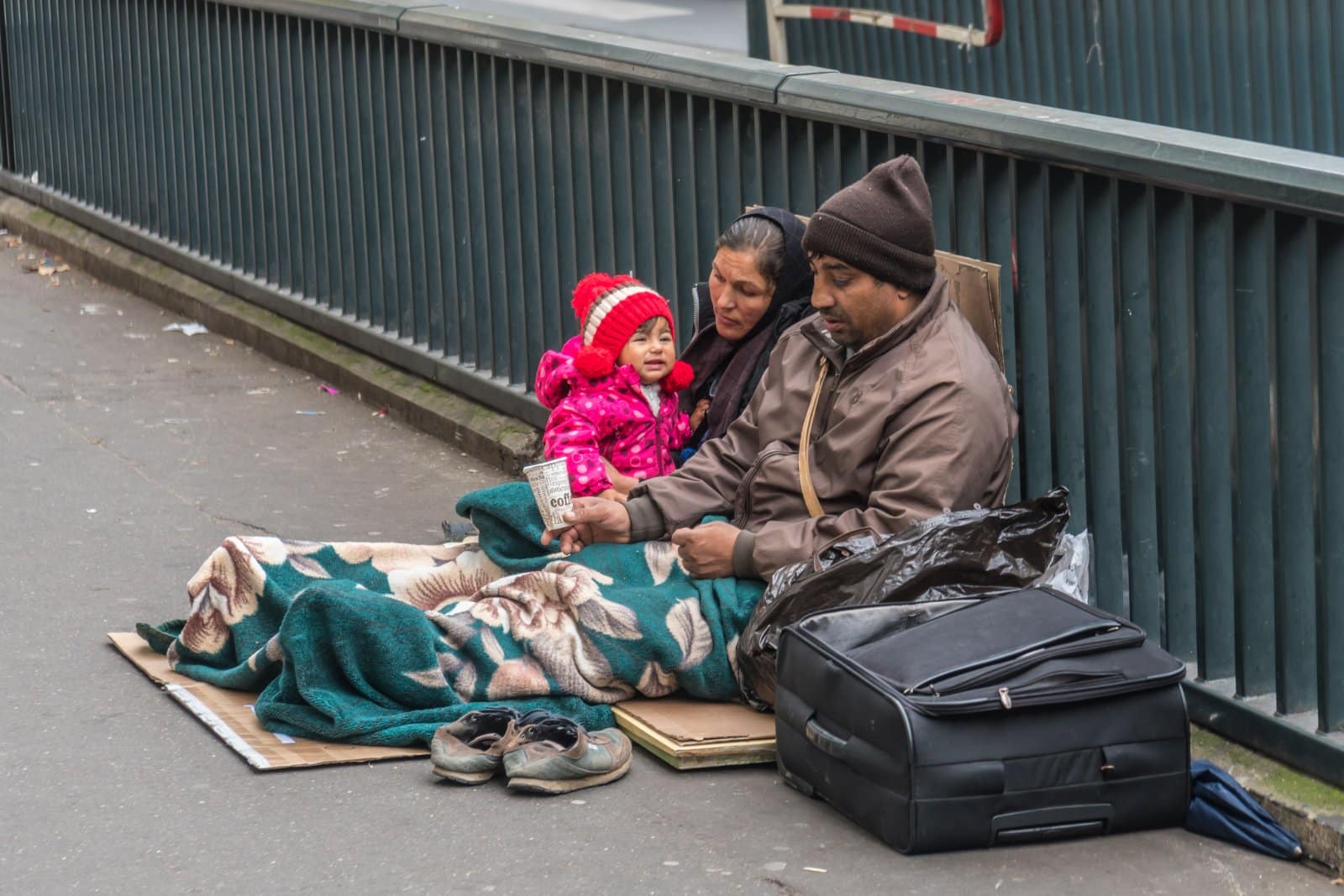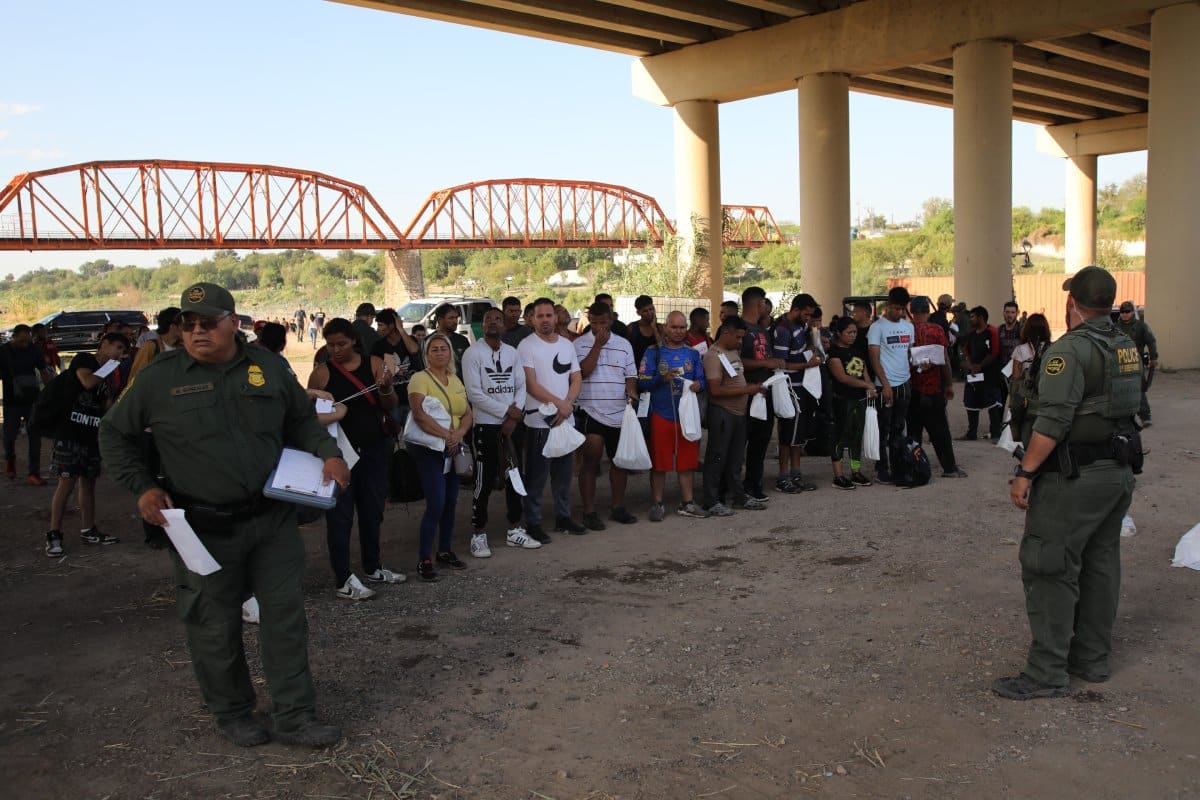Denver finds itself at the epicenter of a national debate, struggling with an unprecedented migrant influx. The city’s endeavor to provide for an increasing number of migrants poses significant challenges to its budget and resources.
A Sanctuary City

Denver, with its 750,000 residents, has become the most burdened city per capita in the U.S. by welcoming nearly 40,000 migrants.
This influx has stretched the city’s resources thin, creating a scenario where compassion and capacity are in constant contention.
The city’s dedication is evident, but the strain on its infrastructure and finances is undeniable.
The Financial Burden

The financial toll on Denver has been staggering, with more than $42 million already spent on migrant support.
Weekly expenditures have reached $3.5 million, threatening to consume over 10% of the city’s annual budget.
Adjusting City Budgets

To manage the financial strain, Denver has initiated budget cuts in areas unrelated to migrant services.
Parks and motor vehicle services have seen reductions as the city desperately tries to manage the crisis.
Federal Support Falls Short

Despite its efforts, Denver has received a mere $9 million in federal reimbursements. This gap between expenditure and support underscores the city’s financial challenge in addressing the migrant situation.
Schools Face Enrolment Surge

Denver Public Schools are feeling the impact too, with over 3,000 new migrant children registered, leading to an $18 million funding shortfall.
This surge reverses a years-long decline in enrolments but brings its own set of financial challenges.
Healthcare System Stretched Thin

Denver Health, the city’s public hospital, which is overwhelmed by the demand for medical care from the migrant population also highlights the broader impact of the influx on the city’s public services.
Work Permit Delays

A critical hurdle for migrants is the lengthy wait for work permits, impeding their ability to become self-sufficient. This delay adds pressure on Denver’s support systems to provide for migrants in the interim.
Leadership in a Time of Crisis

Mayor Mike Johnston, initially focused on homelessness, finds the migrant crisis overshadowing his agenda. The city’s sanctuary policies are being tested as resources are diverted, sparking debates on sustainability.
Community Solidarity

In response, Denver’s community has rallied, offering meals, donations, and advocacy. This grassroots support highlights the city’s spirit but also the scale of need that exceeds volunteer efforts.
A Plea for Help

Despite reaching out for federal assistance, Denver’s calls have largely been met with limited responses.
The city’s struggle for additional support is a clear call to action for a more robust partnership with federal authorities.
Resource Allocation Debate

The city’s efforts to accommodate migrants have sparked discussions on resource allocation. Balancing the needs of migrants with maintaining city services is a delicate endeavor that has sparked debate on resource allocation and the long-term sustainability of sanctuary policies.
Rapid Shelter Needs

The swift increase in migrants needing shelter and support puts pressure on the city’s infrastructure.
With many unable to work, the reliance on city-provided aid grows, stressing Denver’s financial and logistical capacities.
Facing Tough Decisions

Denver’s implementation of policies like time limits on hotel stays reflects the hard choices the city faces.
These decisions are critical in managing the immediate needs of migrants while considering long-term sustainability.
A Call for Comprehensive Action

Denver’s experience with the migrant surge highlights the complicated balance of compassion, practicality, and the need for federal support.
It illustrates the broader challenges cities face and the imperative for comprehensive solutions to support both migrants and host communities.
The post Denver Struggles with Migrant Influx, Pushes City to Limits first appeared on Swift Feed.
Featured Image Credit: Shutterstock / Vic Hinterlang.

